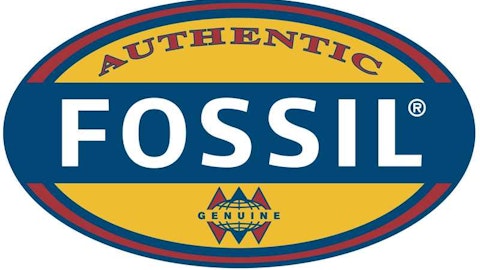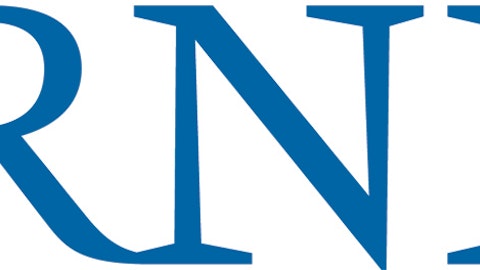
Strong Foundations, Weak Buildings
Aubrey McClendon helped to build Chesapeake Energy since its 1989 founding. He was an aggressive acquirer of land for drilling. He was also happily willing to try the new drilling methods that helped usher in the natural gas boom in the United States. That resource boom, however, has been part of his downfall.
With natural gas prices falling to historic lows, Chesapeake’s profitability started to crumble. Part of the problem was McClendon’s focus on gas, which made up the vast majority of the company’s revenues. When others had shifted to more profitable oil drilling, Chesapeake remained focused on gas.
As the business got more difficult, questions began to arise about McClendon’s personal dealings as they involved company business. This was a massive drag on the company on top of the natural gas price drop. Along the way, activist investor Carl Icahn stepped in. Not one to accept things as they are, he quickly started to jockey for control of the company’s board.
Ousting the Founder
With the media scandal and a government inquiry into McClendon’s personal activities, it probably wasn’t hard to convince investors that some changes were needed. At first that was just getting McClendon booted from the board president position, which also included Icahn gaining control of the board. Now, with McClendon’s imminent departure, Icahn has removed what many believed to be a notable distraction.
Sometimes removing a founder makes a lot of sense and works out well for everyone. Other times, it doesn’t work out as planned. For example, Apple Inc. (NASDAQ:AAPL) famously ousted Steve Jobs, with the board and CEO taking the company down an ill-fated path. Indeed, the journey into the commodity personal computer business almost brought the company to ruin.
Jobs left and formed NeXT in 1985 to make workstations for schools, later shifting to operating systems. While NeXT wasn’t a massive success, Apple’s performance was pretty bad and the company eventually acquired NeXT, about a decade after its founding, to bring Jobs back aboard. Apple’s performance since that 1996 acquisition has been nothing short of phenomenal, even taking the recent price decline into consideration. Clearly, removing Jobs didn’t work out too well.
In other instances, the founders depart, but things don’t get any better no matter how hard everyone tries. Yahoo! Inc. (NASDAQ:YHOO) would be a good example of that. The company was created by Jerry Yang and David Filo in the mid-1990s and was the first big Internet search tool (it was actually an index of sorts before it was a search tool). However, with the emergence of Google Inc (NASDAQ:GOOG), the company found itself quickly playing catch up.





